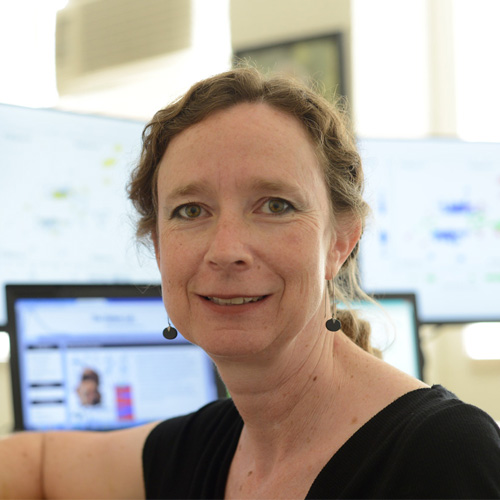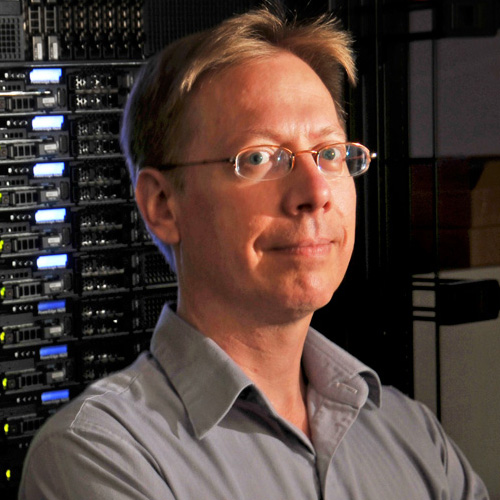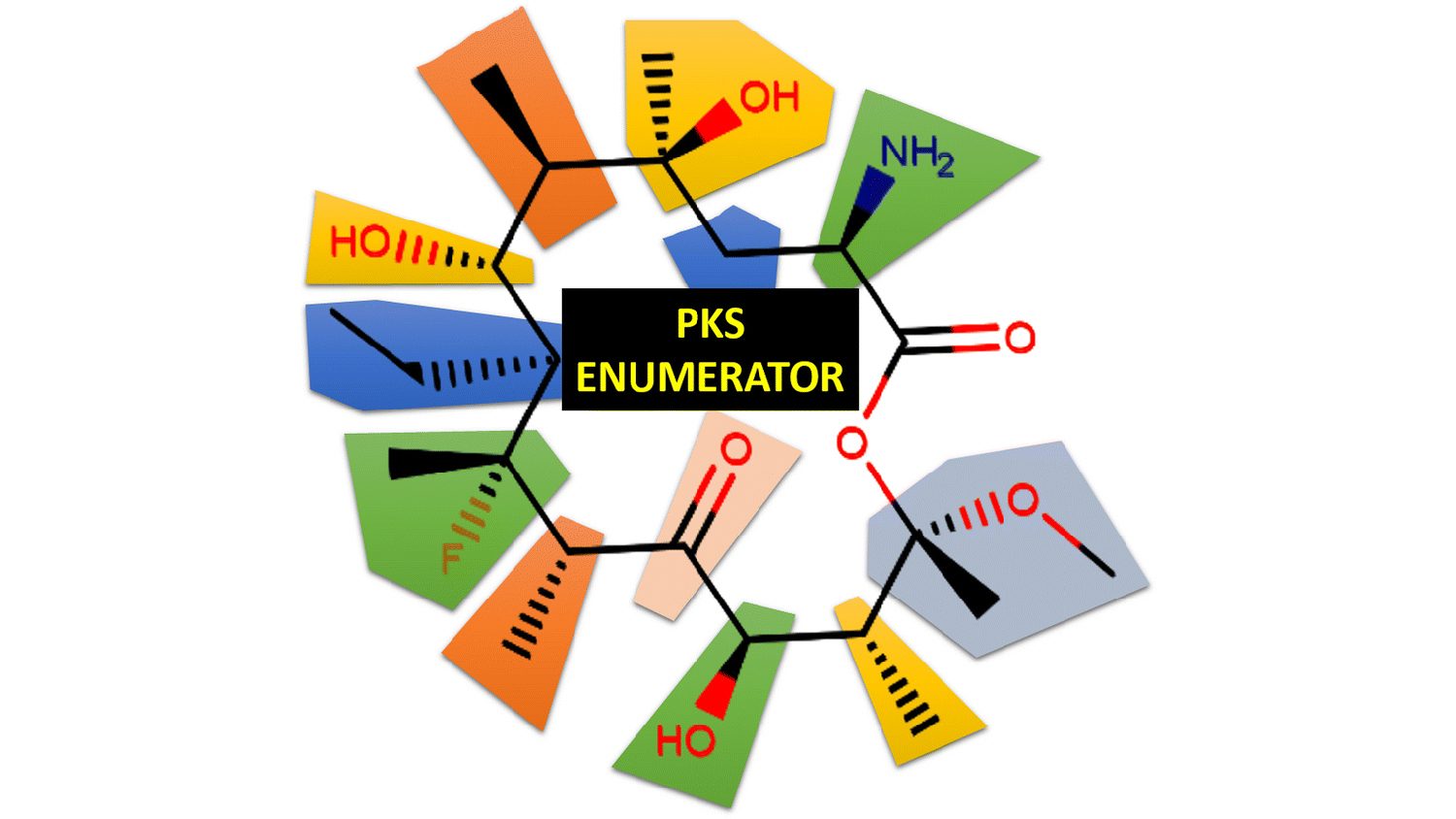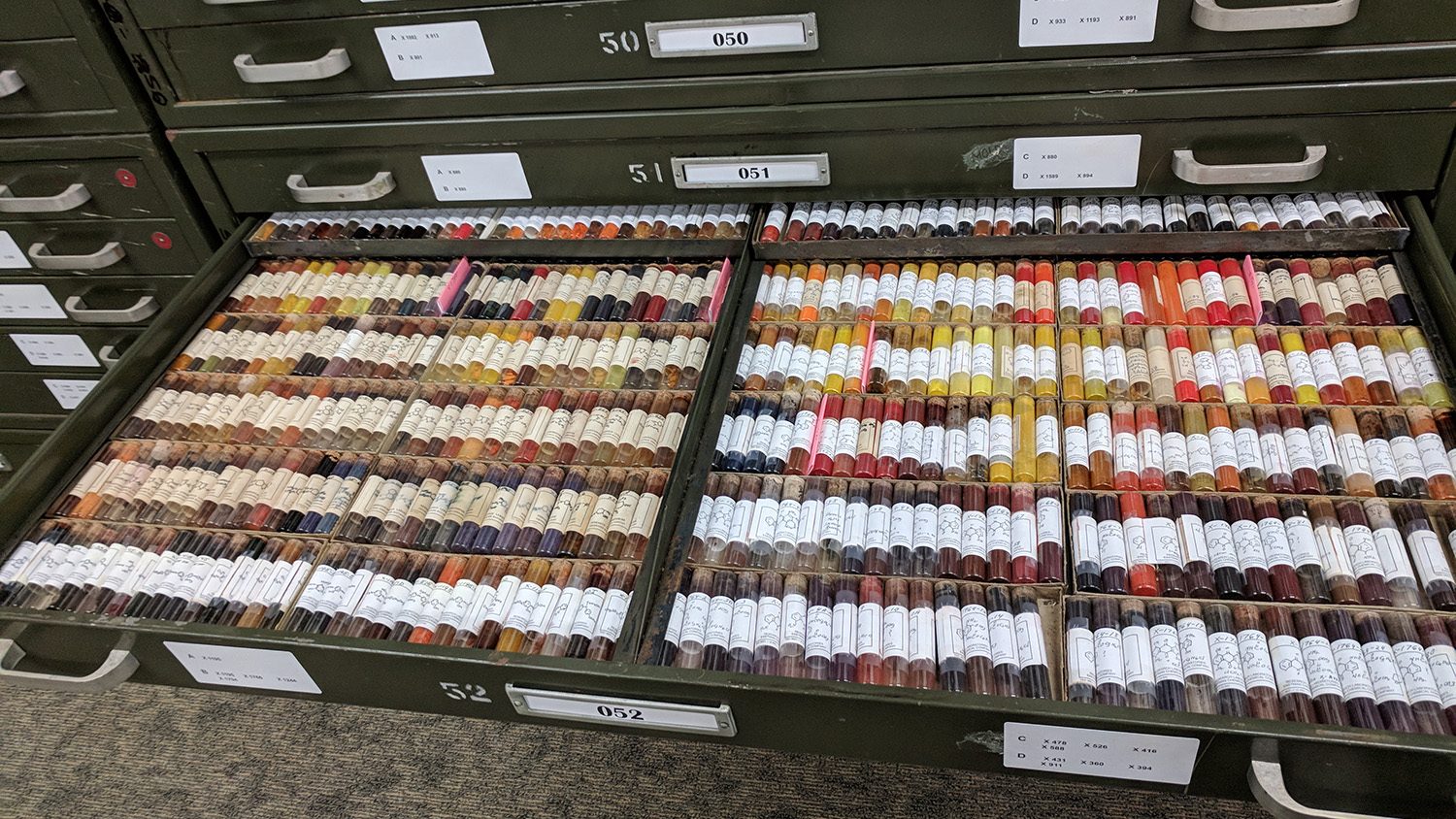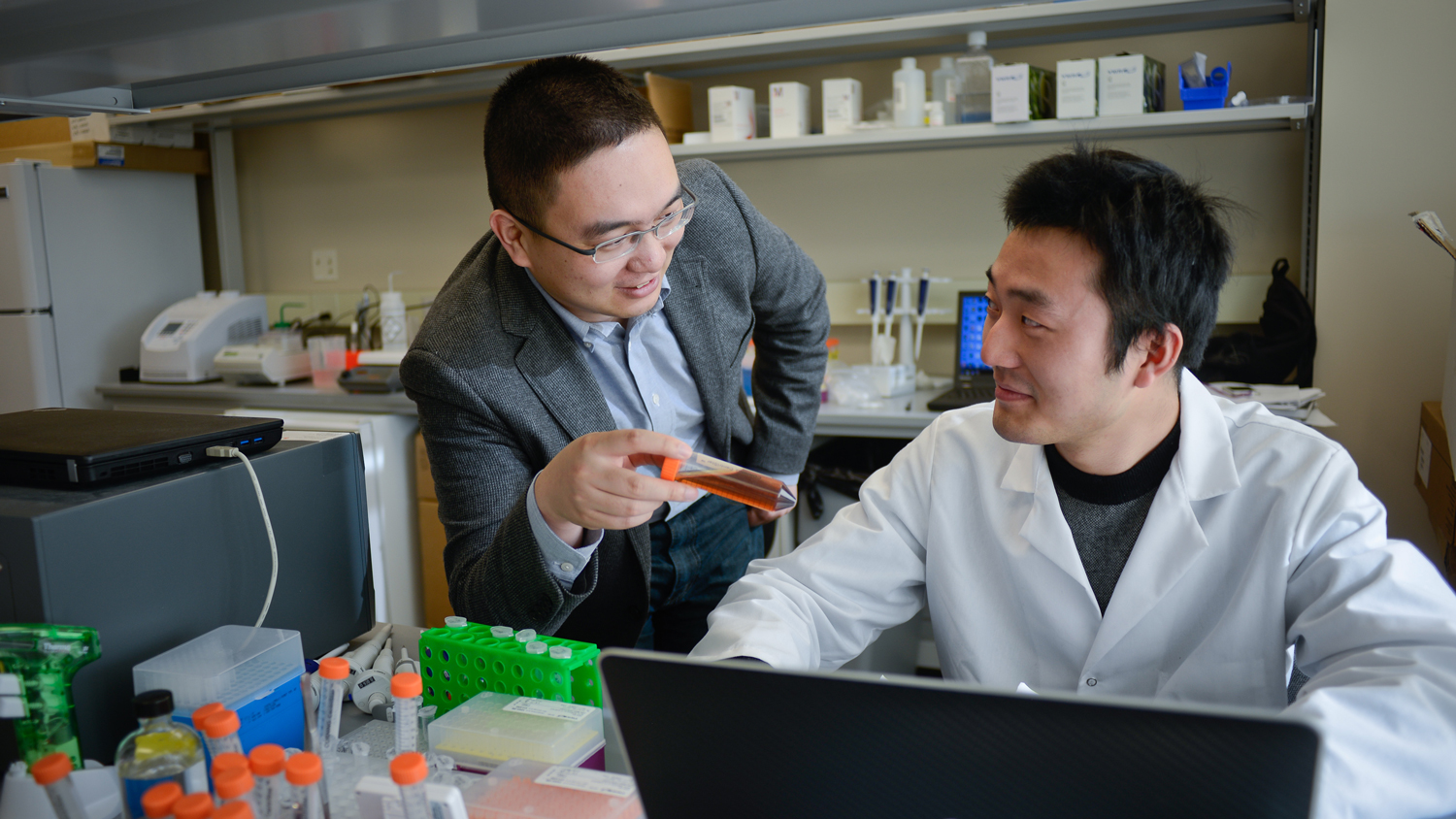
Bioinformatics
Our tools and research make sense of complex datasets coming from biological and medical science studies.
About
Cluster Type
Cluster Coordinator
Cluster Colleges
At NC State, bioinformatics draws on its statistical underpinnings, and the bioinformatics graduate program emphasizes those fundamental roots. Bioinformatics faculty research new datasets and develop new ways to frame questions that generate data. Bioinformatics also focuses on the intersections among genetics, statistics, computer science and biology. Following a rich multidisciplinary tradition, we continue to increase our leadership through the addition of world-class researchers and scholars.
Impact
Researchers in the Bioinformatics cluster will strengthen NC State’s leadership in developing the theoretical frameworks and methods needed to make sense of complex and diverse data generated by the biological, agricultural and medical sciences, and to use those insights to tackle the world’s pressing needs.
History
NC State University’s use of quantitative methods to solve complex challenges yields results including breeding new crop plants and increasing milk yield in dairy cows. Through DNA sequencing advances, university researchers knew these methods could distill meaning from vast emerging datasets. To meet that need and apply resulting knowledge to solve problems in human disease, food security and other areas of biology, researchers founded the Bioinformatics Research Center (BRC) in 2000. Since then, datasets have gotten larger and more diverse, and quantitative skills have become even more essential.
NC State maintains a strong presence in biological research through quantitatively oriented and biologically focused bioinformatics researchers. Faculty hired for the Bioinformatics cluster provide leadership in meeting evolving biological challenges.


